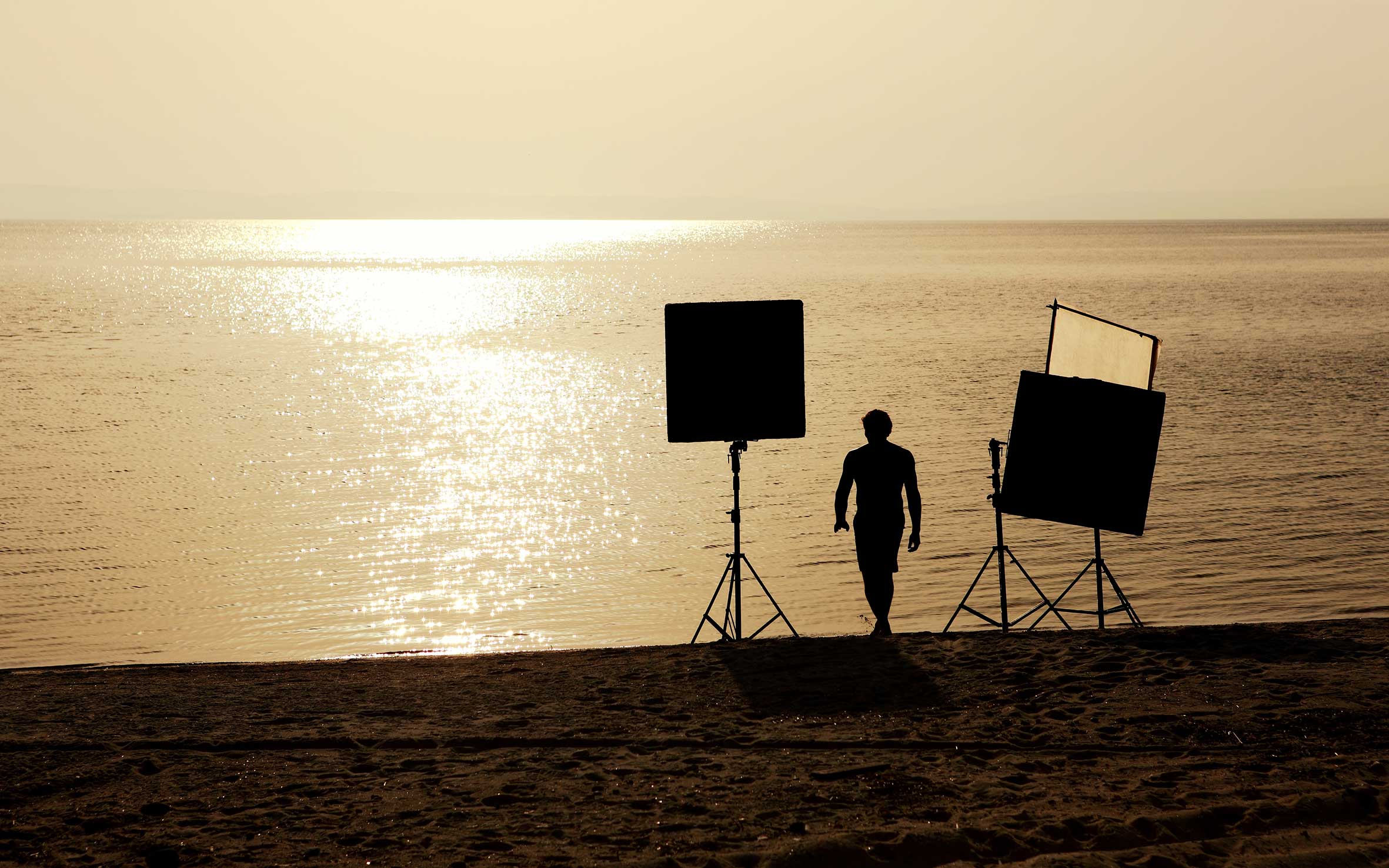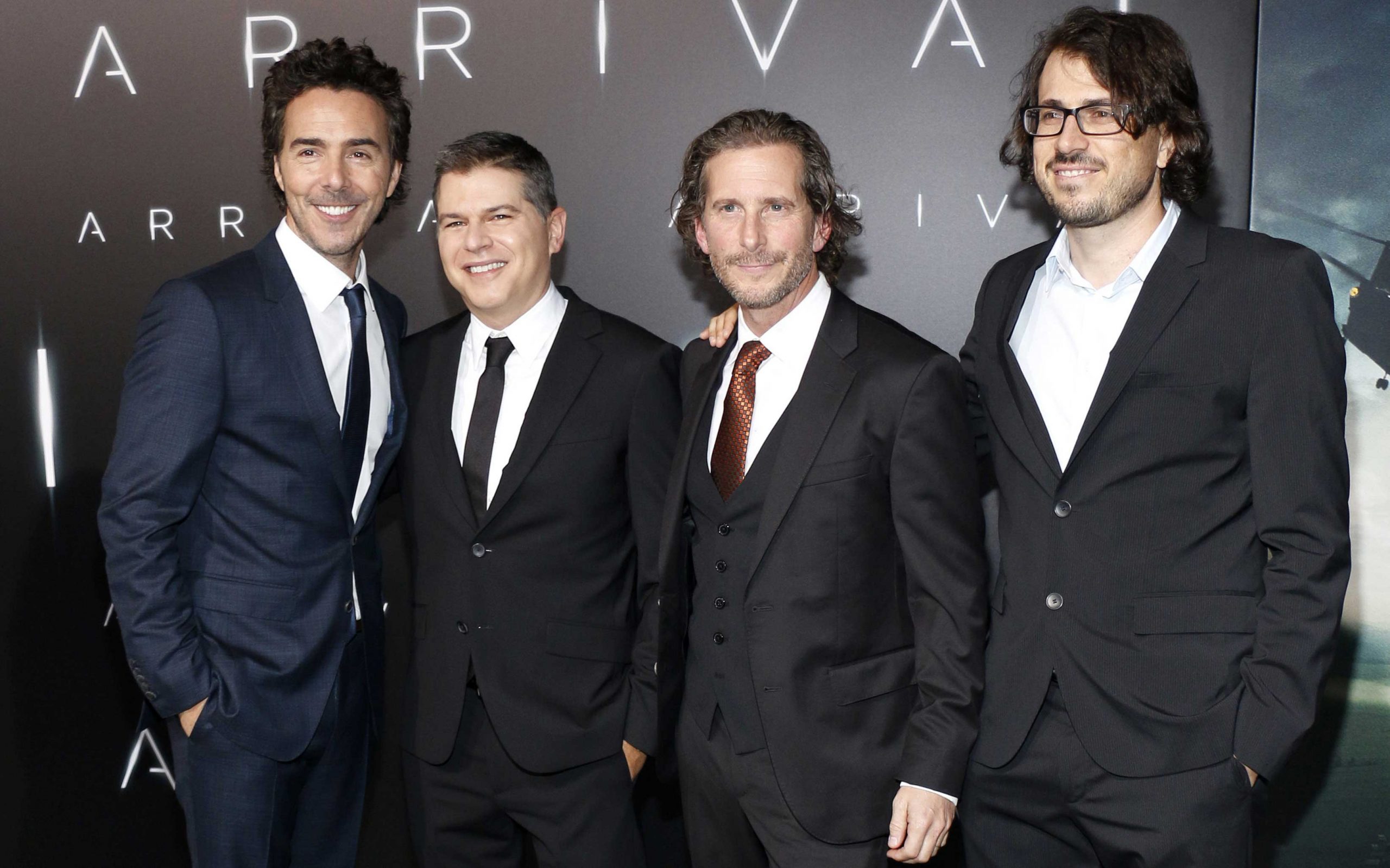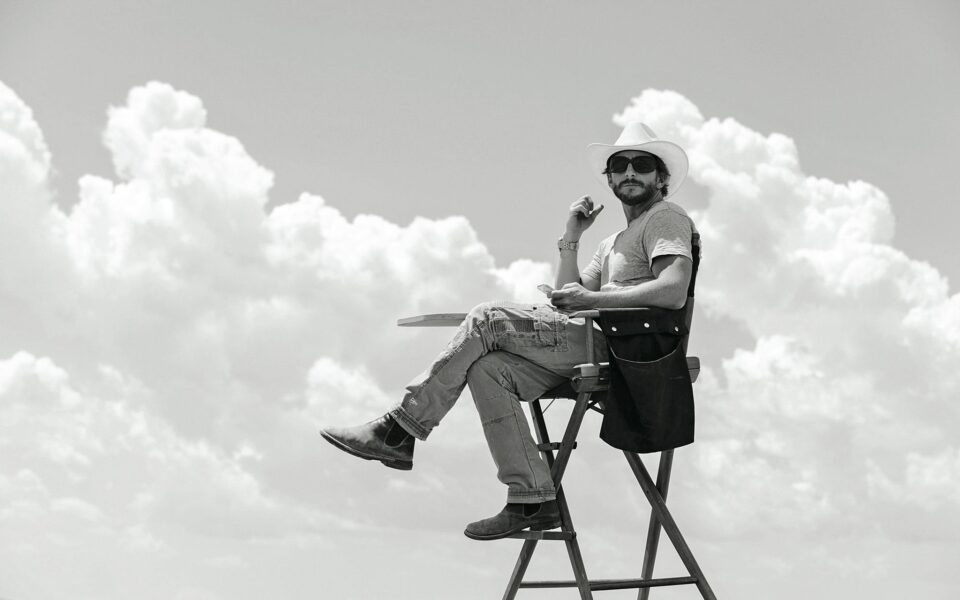Affable, cool and with a sense of humor, Aaron Ryder puts you at your ease at once, even though he is one of the most successful producers in Hollywood today, working with the likes of Christopher Nolan and Denis Villeneuve.
Newspaper Kathimerini caught up with him at Costa Navarino, where he was acting as adviser at the Oxbelly international film workshop hosted at the luxury resort in Messinia, in the southwestern Peloponnese.
“I’ve never done anything like this before; it will probably destroy me,” he says, laughing, going on to comment on the experience of reaching out to the new generation.
“Throughout my career, I was always the youngest person in the room until one day I realized that had changed. Last March we did a small film in Alabama that was directed by a 24-year-old. The crew was more or less the same age and it was a truly amazing experience. You could feel the freshness and inventiveness of this new generation; it was fascinating. The bad thing is that when you’re older by 20 years or more, they only come to you for advice or permission,” says Ryder, who is now in his early 50s.
Our surroundings quickly bring us to the subject of Greece as an industry destination, something the country has been making significant progress in over the past few years. “I am more and more convinced that Greece can become a destination for cinema. In fact, we have a major $100 million project I’d love to bring here. The economic incentives in Greece are now very attractive, while the climate is much milder here compared to, say, Hungary,” he says, referring to the cash rebate offered via the National Center of Audiovisual Media and Communication.
“You also have to bear in mind that there are places in Europe, such as Serbia, where people are more hesitant to work because of its stance towards the Russian invasion of Ukraine,” Ryder adds.

© Shutterstock
But location is so often key to a film’s success, as was the case with “Mud,” a 2012 film that he produced himself, which was not only a gem, but also reintroduced the movie-going public to the incredible talent of Matthew McConaughey. “It really was one of the few films I have done that were shot exactly where it had to be shot,” he said of “Mud.” “It was in Arkansas, near the place where the director Jeff Nichols grew up, and it was ideal for the atmosphere we wanted to convey in the story we were telling.”
Thanks to his significant experience and know-how – which includes producing other critically acclaimed hits such as “Memento,” “The Prestige,” and “Arrival” – Ryder also offers insight into a series of other important questions for the industry, such as, for example, the recent slump experience by Netflix and other streaming platforms.
“It’s probably a temporary thing. For those of us following what Netflix has been doing for the past 10 years, it seemed inevitable. Anyone who wanted Netflix, had it, until it came to the point when they’d ask themselves, ‘Do I really need it?’ The bad thing is that the rest of the players followed and they ended up screwing up our ecosystem, which worked pretty well in general terms. Theater attendance had continued going up before the pandemic, but during it, a group of companies took the opportunity to launch their own platforms and that changed everything.”
When I point out that this was likely an inevitable development that was simply accelerated by the pandemic, he disagrees. “You know, everyone says that: that it would have happened in eight or 10 years anyway. But the truth is that we have no idea what will happen in the film industry 10 years down the road. Do you think that the VCR market had seen its fall coming? I personally am not convinced that the audience is ready to give up the theater,” he says.
His reaction is similar when I mention the theory that the future lies in big blockbusters and a few arthouse films making it to the theaters, while everything else ends up on streaming platforms. “It sounds to me like we’re trying to predict the future and that’s something that can, unfortunately, become a self-fulfilling prophecy,” he warns.

© Shutterstock
“It is, however, our responsibility to find a way to make movies that entice people to see them at the theater. Look at ‘Everything Everywhere All at Once,’ for example. It does not have a star cast, nor even a clear-cut plot, but it did very well at the theaters because it a great, modern film. We just have to remind people that they can do just one thing for two hours and that life will continue to be OK. Overall, I’m optimistic about the future. And how couldn’t I be? This is all I know to do,” Ryder quips.
As a producer, Ryder’s biggest concern right now is getting his latest project finished in time to get it shown at the Venice film festival. He has a history with the iconic event too.
“Venice became my favorite festival when we went there with Nolan’s ‘Memento.’ For an entire year everyone had been telling us that the film sucked. It had been turned down by every festival. It eventually went to Venice and even the Italian distributor found it bad. He actually said that we should prepare ourselves, because the fact is that the Italian audience can be harsh. What I remember from the premiere is that I put my hand on my wife’s knee when the film started and when I took it away at the end, there was a huge pool of sweat. The audience gave a standing ovation that lasted eight whole minutes. I was only 27 years old at the time and the only thing I could do was cry,” he reminisces.
The same was not the case with the Oscar-winning “Arrival.” Everyone loved it from the start, “except the studio that shot it,” says Ryder. “There’s always a kind of creative give-and-take between the filmmaker and the studio. The former wants the film to be very specific, exactly what they have in mind, while the studios want to make it attractive to the broadest possible audience. Most times, the balance is just right and that’s the magic of good commercial cinema.”
This article was previously published at ekathimerini.com.












